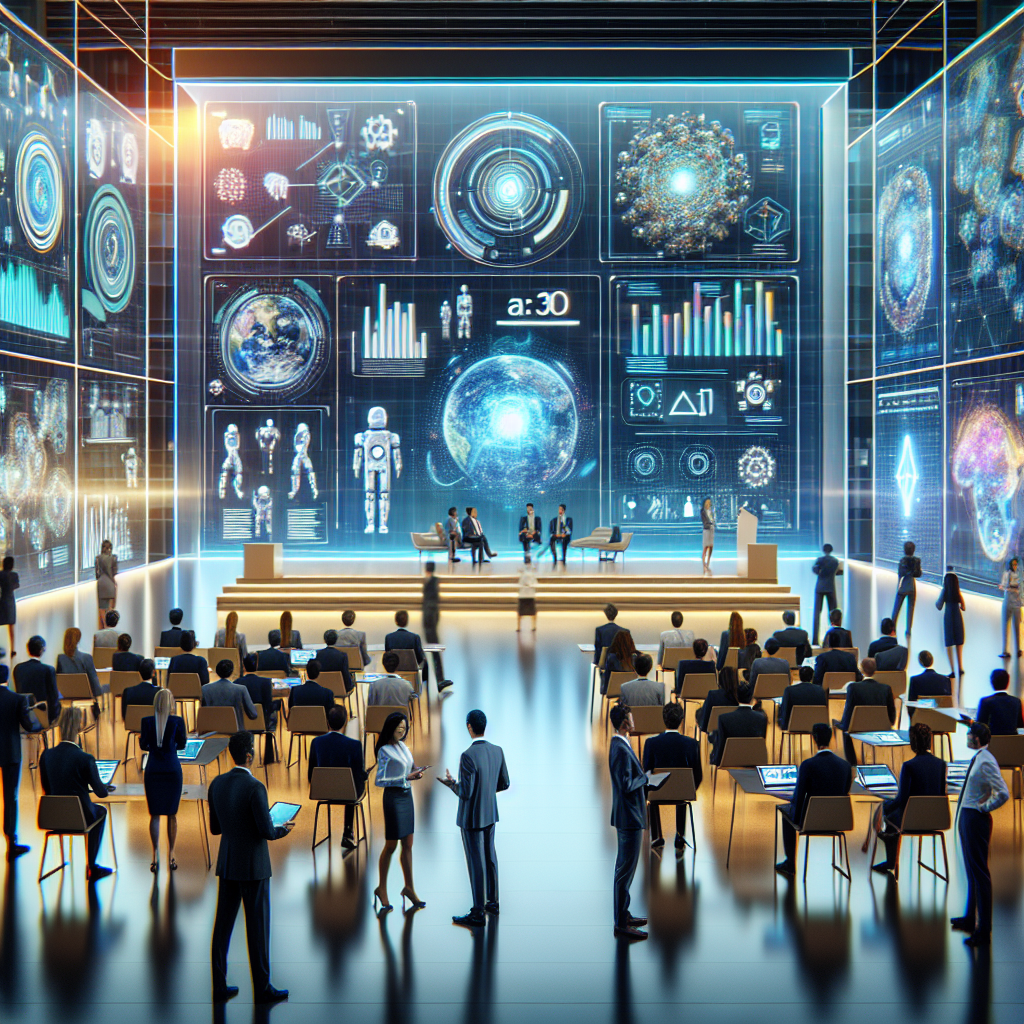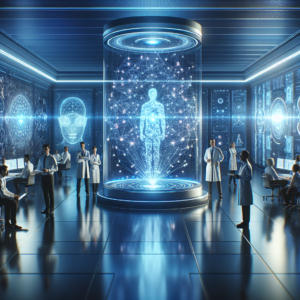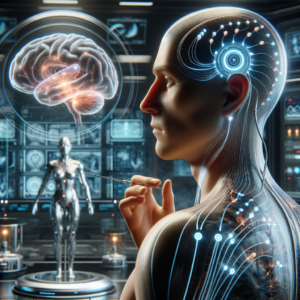The AI Action Summit: A Golden Age of Innovation
In the rapidly evolving landscape of technology, artificial intelligence (AI) stands out as a pivotal force driving innovation across multiple sectors. The recent AI Action Summit has further solidified this notion, providing a platform for thought leaders, innovators, and policymakers to discuss the transformative potential of AI. As we delve into the highlights and takeaways from the summit, it’s clear we are on the brink of a new era defined by AI-driven advancements.
The Purpose of the AI Action Summit
The AI Action Summit aimed to explore the implications of AI on society, economy, and innovation. While technology has always been a catalyst for change, the unique capabilities of AI are ushering in a new era of possibilities. Discussions at the summit focused on how AI can be harnessed to solve pressing global challenges, improve efficiencies, and foster economic growth.
Keynote speeches from industry leaders set the tone, emphasizing the importance of ethical considerations in AI development. The summit sought to address the dual-edged sword of AI—its ability to enhance productivity while also posing risks if not managed responsibly.
Collaborative Innovation
A significant theme of the summit was collaboration. AI is not just the domain of tech giants; it involves a wide array of stakeholders, including industries, academia, and governments. The discussions highlighted the necessity of cross-collaboration to maximize the positive impacts of AI. Collaborative efforts can lead to innovations that are both sustainable and socially responsible.
One of the standout moments was a panel discussion featuring representatives from various sectors, who shared their experiences in integrating AI into their operations. They underscored the importance of sharing best practices and fostering partnerships that transcend traditional industry boundaries. This sentiment echoed a growing recognition that the future of AI is not just about competition, but also about collaboration.
Key Insights from Industry Leaders
Throughout the summit, industry leaders provided valuable insights into the current state of AI technology and its future trajectory. Here are some key takeaways:
1. AI as a Driver of Efficiency: Many speakers emphasized how AI is revolutionizing business processes. From automating mundane tasks to enhancing decision-making, AI technologies are proving to be invaluable in increasing operational efficiency.
2. Ethics and Accountability: The discussions also revolved around the ethical implications of AI. Experts advocated for a framework that ensures accountability and transparency in AI algorithms, highlighting the risk of bias and the need for diverse datasets.
3. AI in Healthcare: AI’s potential in healthcare was a focal point of discussion. Leaders from the health sector shared case studies demonstrating how AI is being utilized for predictive analytics, personalized medicine, and improving patient outcomes.
4. The Role of Education: The summit stressed the importance of education and training in AI. As industries evolve, the workforce must adapt. This involves upskilling existing employees and preparing the next generation for careers in AI and technology.
Emerging AI Technologies at the Summit
The summit showcased several cutting-edge AI technologies that are set to reshape industries. Some highlights included:
– Natural Language Processing (NLP): The advancements in NLP have enabled machines to understand and interact with human language more effectively. This technology is paving the way for improved customer service solutions and advanced communication platforms.
– Computer Vision: Presentations on computer vision demonstrated its applications in sectors like manufacturing, agriculture, and security. By enabling machines to interpret visual information, businesses can enhance quality control and automate monitoring processes.
– Robotics and Automation: Robotics integrated with AI is revolutionizing industries. From warehouses to hospitals, robots equipped with AI are improving efficiency and reducing human error.
The Future of AI and Its Societal Impact
As we look ahead, the implications of AI on society cannot be overstated. The discussions at the AI Action Summit pointed to a future where AI will play an integral role in everyday life. However, this future comes with challenges that must be addressed.
Job displacement due to automation is a concern that was voiced by many attendees. While AI can create new opportunities, it can also render certain jobs obsolete. This reality underscores the importance of rethinking education and workforce development to prepare for an AI-driven economy.
Moreover, attendees emphasized the need for regulatory frameworks that ensure the responsible deployment of AI technologies. Striking a balance between innovation and regulation will be crucial in ensuring that AI benefits society as a whole.
Conclusion: Embracing the AI Revolution
The AI Action Summit was a testament to the transformative power of artificial intelligence. As we enter what many are calling a golden age of innovation, the insights, collaborations, and technologies showcased at the summit serve as a roadmap for harnessing the potential of AI.
The call for ethical considerations, collaborative innovation, and education must resonate beyond the walls of the summit. As individuals, businesses, and governments, we have the responsibility to embrace the opportunities presented by AI while navigating the associated challenges.
In this new era, the focus should not only be on technological advancement but also on fostering a society that is inclusive, equitable, and prepared for the changes that AI will bring. The future is now, and it’s time to act—together.



